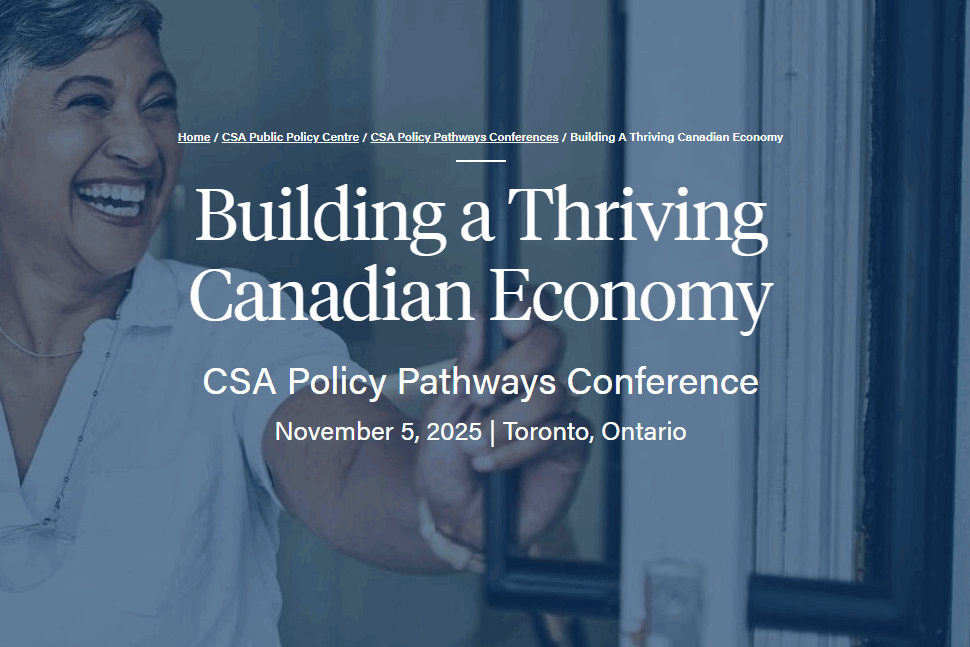Canada is currently undergoing the biggest wave of business succession in the country’s history. At the same time, Canada is facing a sharp decline in business formation and entrepreneurship. Without intervention, these twin trends are poised to weaken the vibrancy of Canada’s economy and damage local economies for the indefinite future.
Social Capital Partners and Venture for Canada made a joint submission to Innovation, Science, and Economic Development Canada (ISED) as part of its work to finalize its mandated 5-year review of the Canadian Small Business Financing Program (CSBFP).
We recommend that the CSBFP should be amended to allow for increased Entrepreneurship through Acquisition (ETA). ETA is a model whereby existing or aspiring entrepreneurs purchase and grow existing small businesses, rather than build them from scratch. This approach plays an important role in facilitating a transition to a new generation of entrepreneurs, keeping wealth in Canadian communities and unleashing local, private sector innovation.
Share with a friend
Related reading
Creativity could be collateral damage of U.S. film tariff
When U.S. tariffs threaten to strike creativity and culture, we can't afford to stay quiet. SCP Fellow and POV executive director Biju Pappachan explores the implications of the U.S. imposing a tariff on foreign-made films and explains why this is the moment for Canada to stand up for its filmmakers, crews and cultural sovereignty. Film and television are not luxuries; cultural production is a strategic sector that delivers exports, jobs and soft power. Just as we negotiate for agricultural or industrial tariff exemptions, cultural production deserves equal protection.
Hype or help? Can crypto and stablecoins solve economic inequality?
Some cryptocurrency advocates are promoting the use of stablecoins as a common currency, arguing that this new currency could help the cost-of-living crisis and promote economic equality – particularly for young people. Law professor, money expert and SCP Fellow Dan Rohde is not convinced that crypto can help address economic inequality. In this explainer, he breaks down what stablecoins are and aren’t, and how to think critically about their promises.
Building a thriving economy: CSA Policy Pathways Conference
The CSA Policy Pathways Conference convenes leaders, thinkers and changemakers across government, business, community and academia to confront the pressing questions shaping our economic future. How can we build resilience in the face of global uncertainty? What will it take to unlock innovation and ensure its benefits are broadly shared? How do we design policies that promote competition, inclusion, and financial security? Join us on November 5, 2025, in Toronto, as we explore how we can take bolder steps toward a more resilient, innovative and equitable economic future.



